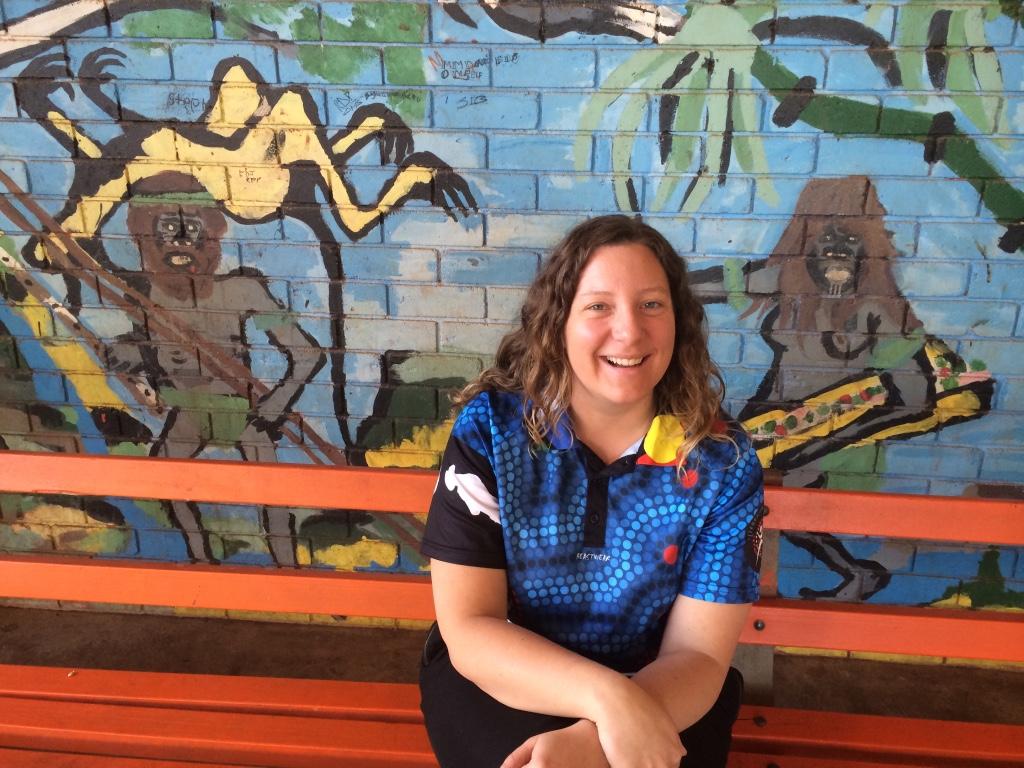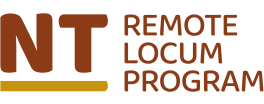
Growing up in Melbourne I never had any specific ambition to work in remote areas or in Indigenous health but, by one of those twists of fate, that all changed when I joined the Royal Australian Airforce (RAAF) in my final year at ANU’s Medical School in Canberra.
As part of my training to become a RAAF Medical Officer I found myself posted to the Tindal base outside Katherine in the Northern Territory. It gave me a taste for Top End life and led onto my first posting as a civilian GP Registrar with the Sunrise Health Service, which provides health care to Indigenous communities in a wide arc around Katherine.
That’s where I started to realise that remote health and Indigenous health were things that I really enjoyed.
I came across RAHC through other doctors and nurses who had been placed in the Sunrise clinic I was working at in Ngukurr. All the people I spoke to only had positive things to say and that was when I decided RAHC would be a good organisation to facilitate what I wanted to do once I qualified as a GP. My 2015 gap year was going to be my RAHC year.
My first placement was in Borroloola right at the end of 2014, where I worked for three weeks. I was fairly well prepared by my prior experience in Top End medicine and by the specific training that RAHC provided me, but I guess I was a bit nervous about the transition from being a Registrar to a fully credentialled GP. I needn’t have worried: I was instantly made to feel part of the team and felt very well supported in my work.
Since then I’ve had seven more placements with RAHC, working right across the Top End from Groote Eylandt to Nguiu on Bathurst Island as well as at Yuendumu in Central Australia.
Two aspects of all my placements have been really good: the community and the clinic team have always been very welcoming and inclusive. Despite the remote locations we work in, there are very good systems for seeking help for seriously ill patients.
The sorts of issues that we see in remote communities that we don’t see in mainstream health services are things like acute rheumatic fever, chronic ear conditions, also fractures and other trauma where you have limited investigations available to you, for instance lack of X-rays.
A lot of GPs fear that as they do not deal with emergencies regularly they will come across some huge medical drama and feel completely underprepared. One of my fears was always that one of my patients would cardiac arrest on me, and it happened – but there was a good outcome. The immediate team around me went into action, the patient was shocked and revived and the aero-medical evacuation team on the phone were able to provide excellent advice and then evacuate the patient to Royal Darwin Hospital.
For those health professionals considering going on a placement, I’d say give it a go. You’ll be surprised at how well you can deliver a high level of care despite the geographical and other challenges, and it does encourage you to think more creatively. All of my placements have been good, although I’d say I got more out of the longer placements and was able to contribute more.
And of course, when you get on a plane to go to work and you get to fly over some of the most amazing countryside and coastline there is, that’s a pretty lucky way to work!
Although I’d like to do more placements, my immediate focus now is on my new full-time job at the Awabakal Aboriginal Medical Service in Newcastle. It really is the best job I’ve had in medicine and I’m glad I found it so early in my career. I’m lucky I was in the NT and got those opportunities when I did which led me to where I am today.
Would you like to share your RAHC experience with other Health Professionals? We are always looking for RAHC Health Professionals to tell us about their experience, by preparing a RAHC story. If you are willing to share your story, please contact your Placement Consultant or email us.
